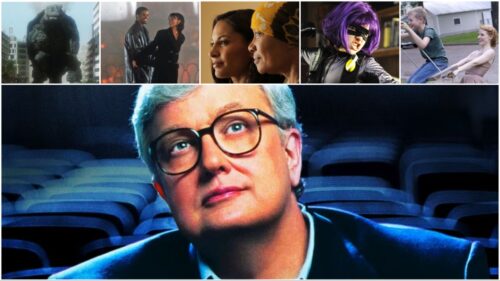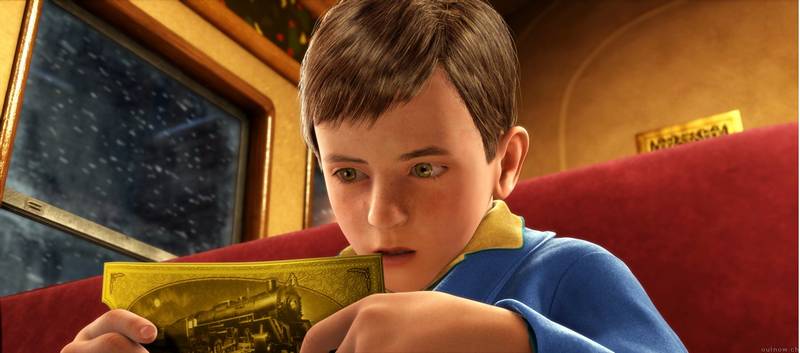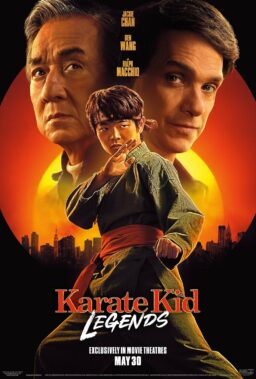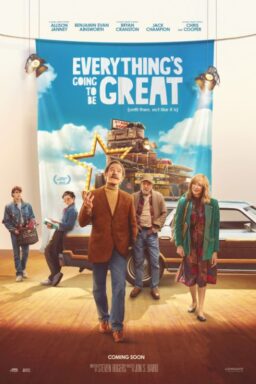From Frank B. Chavez III, Hayward, CA:
I was recently reading the Answer Man column and the question I was drawn to was Greg Burglin’s question about the film “Seven Samurai.” He noted what he thought was overacting on the part of the Japanese actors. I would respond by saying that it is a difference in acting styles.
American and European film acting is heavily influenced by the realist movement of the 19th century as exemplified in theater by the plays of Anton Chekov. The realists wanted their work to portray slices of real life (hence the name) and in theater pushed their actors to act as naturally as possible and still be performing a piece of theater.
Japanese films are heavily influenced by Kabuki theater. Kabuki theater as it developed in Edo (modern Tokyo) is known for its stylized dramatic forms, exaggerated make up, and over-the-top performance of characters based on broadly drawn archetypes or stereotypes. It is worth noting that Tokyo based Shochiku, Company, Limited the oldest continually operating film studio in Japan and Akira Kurosawa’s employer began in 1895 as a Kabuki theater. So the actors in “Seven Samurai” aren’t over acting they are simply acting in the style with which they were most familiar.











